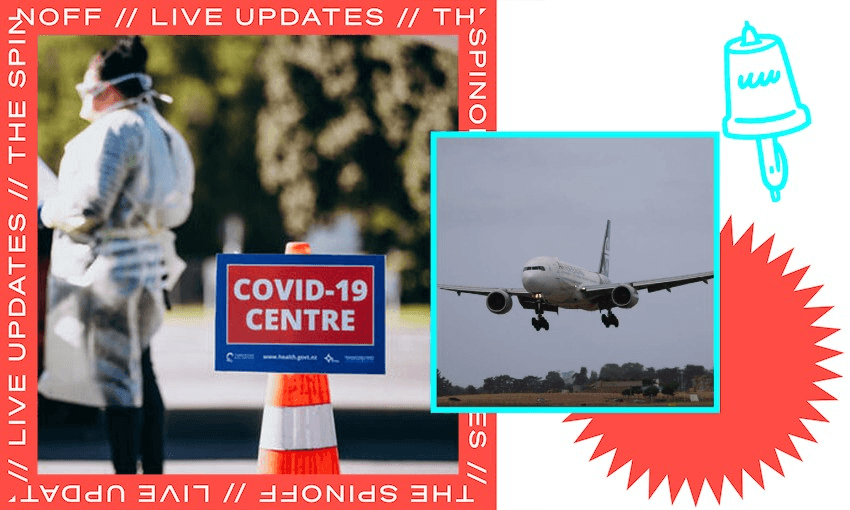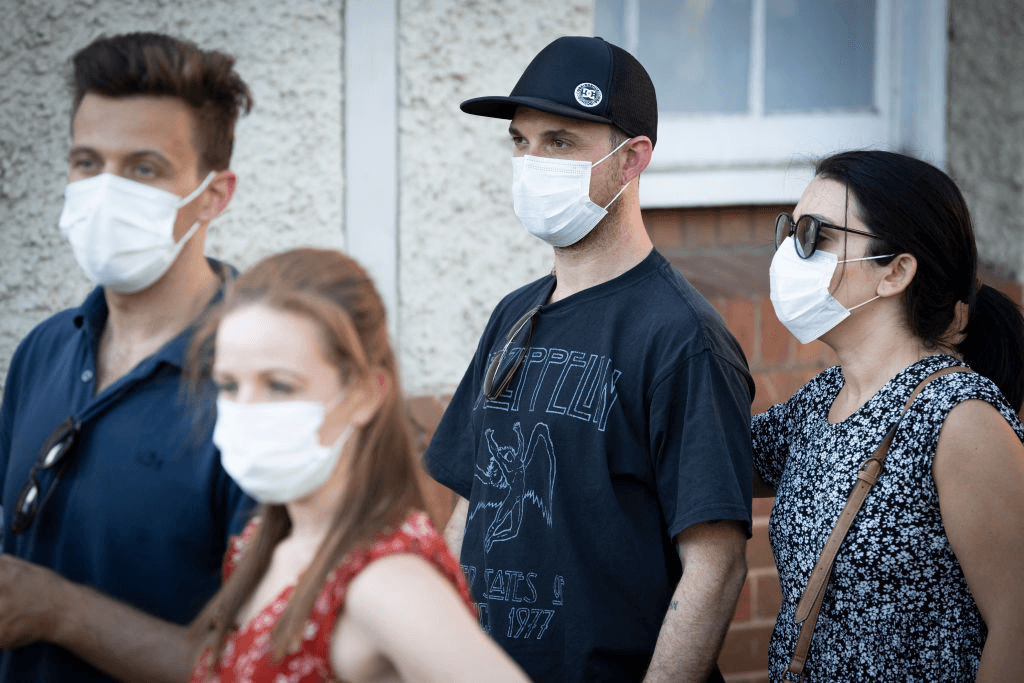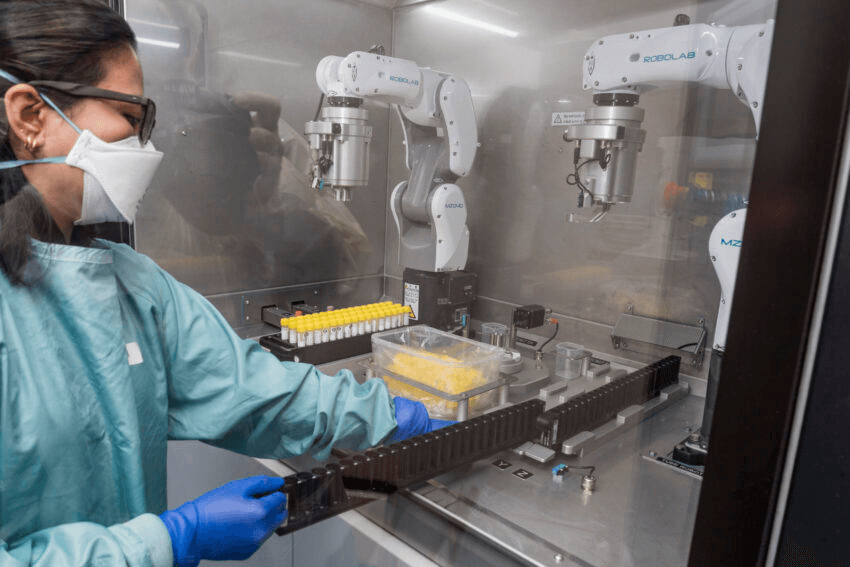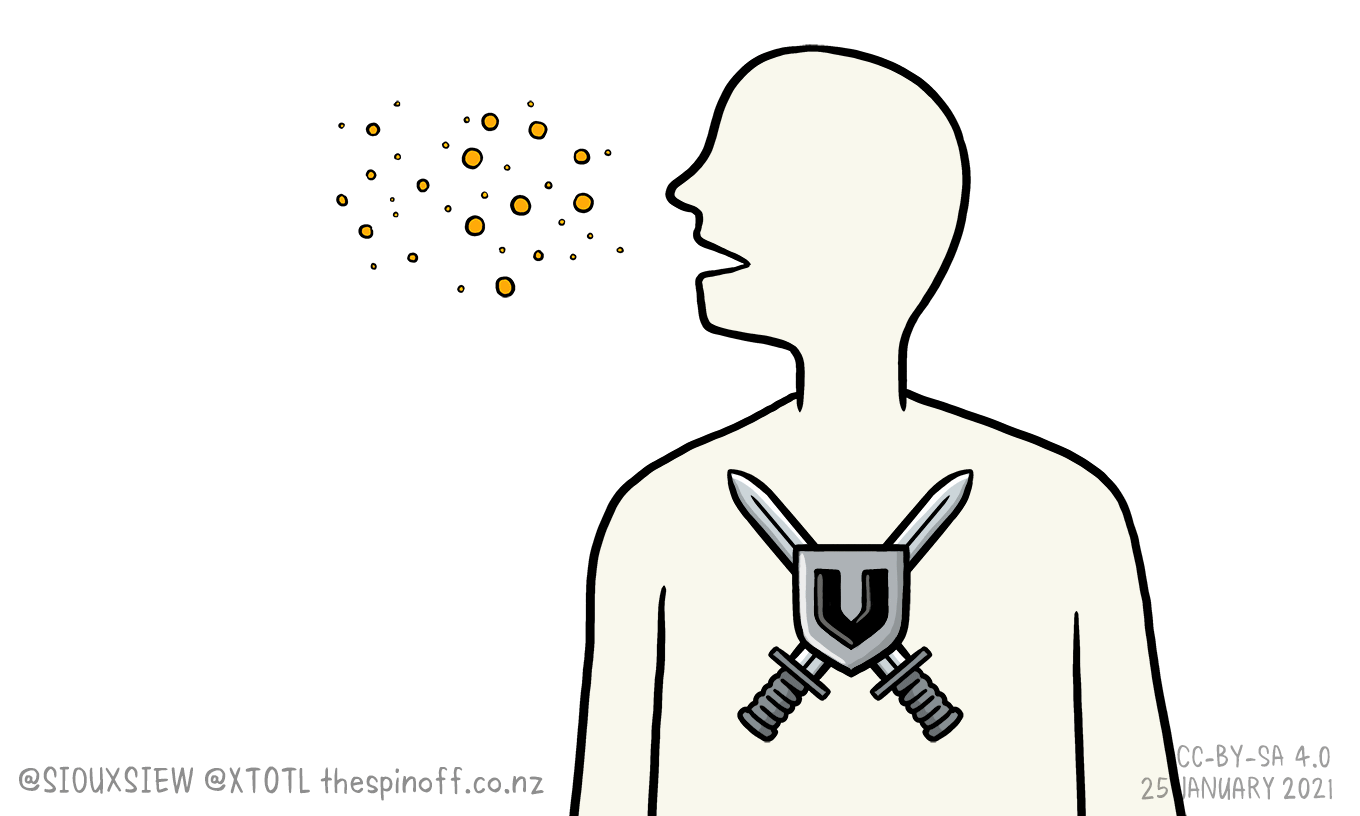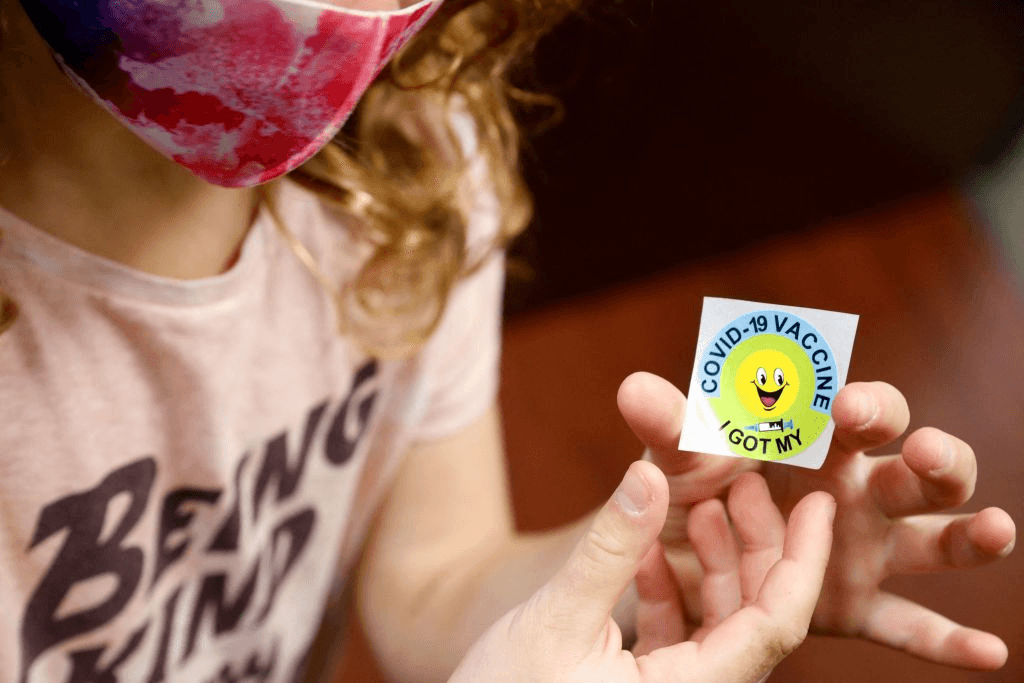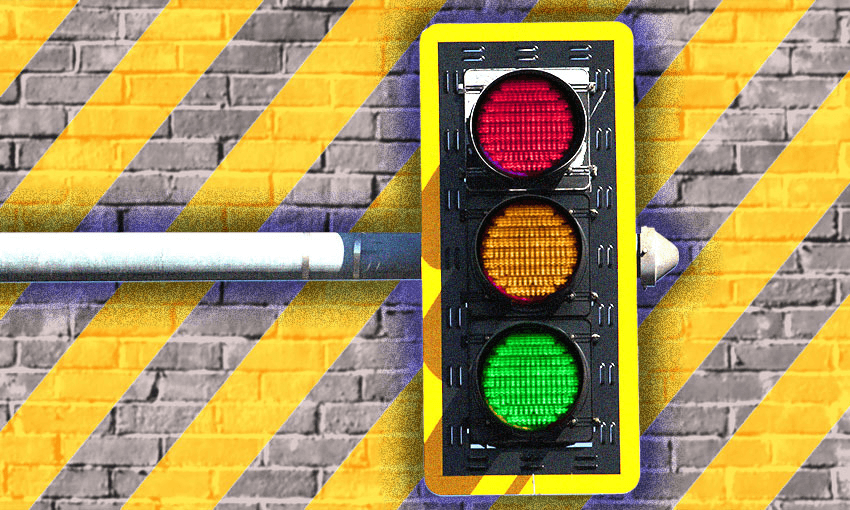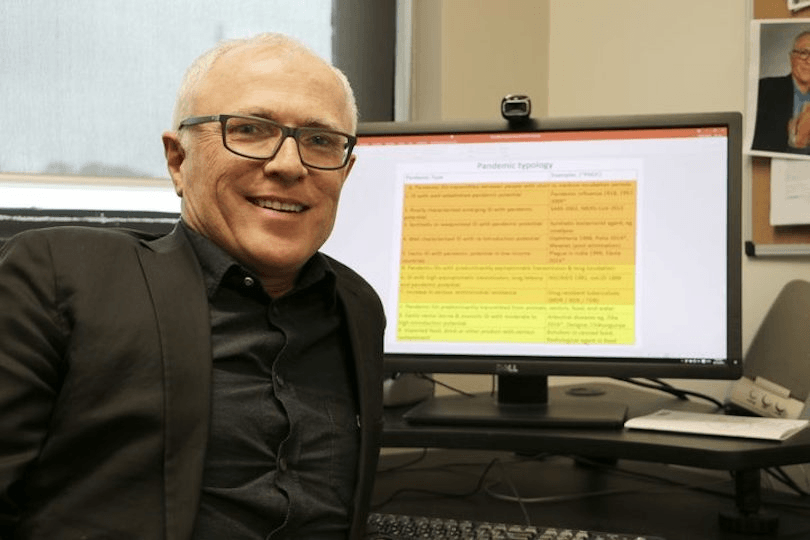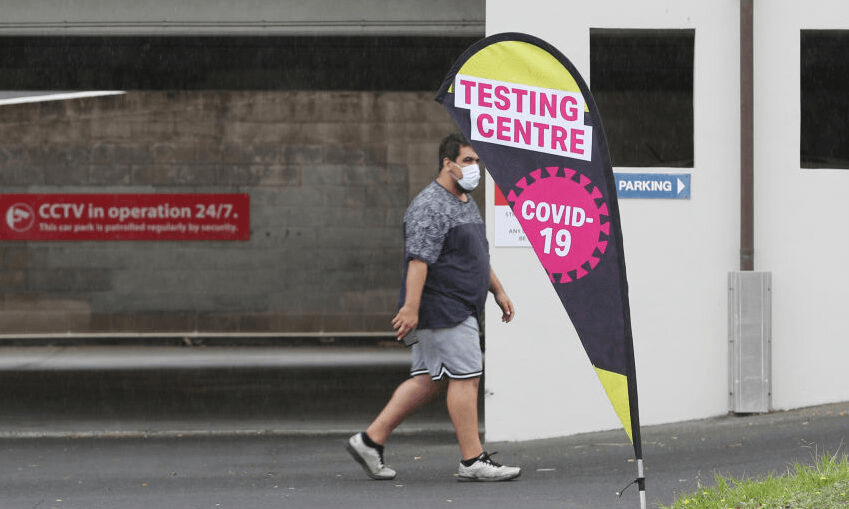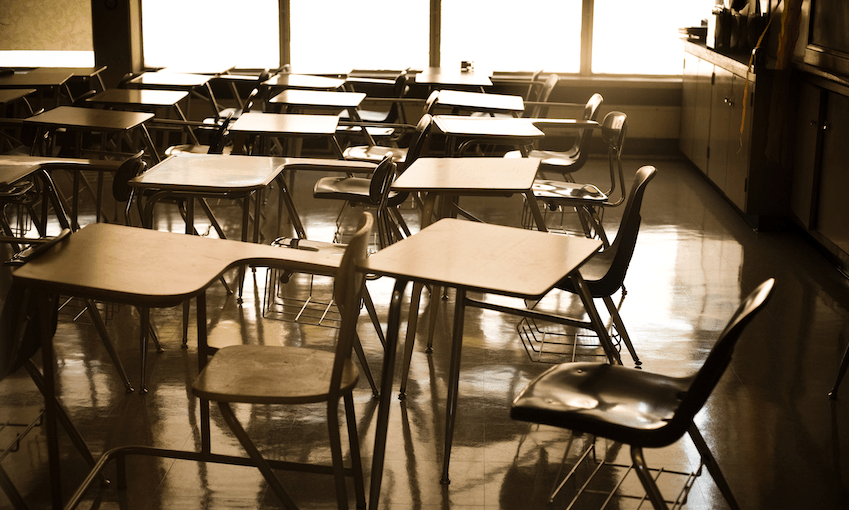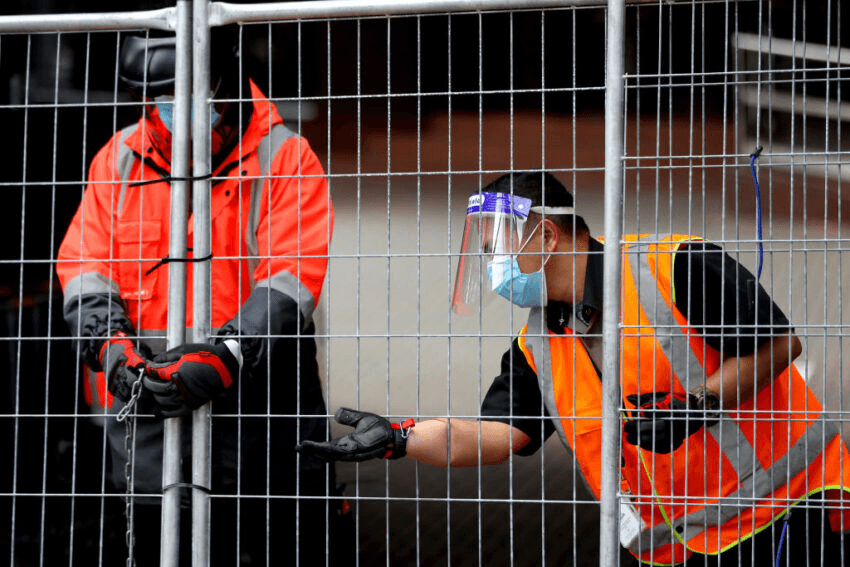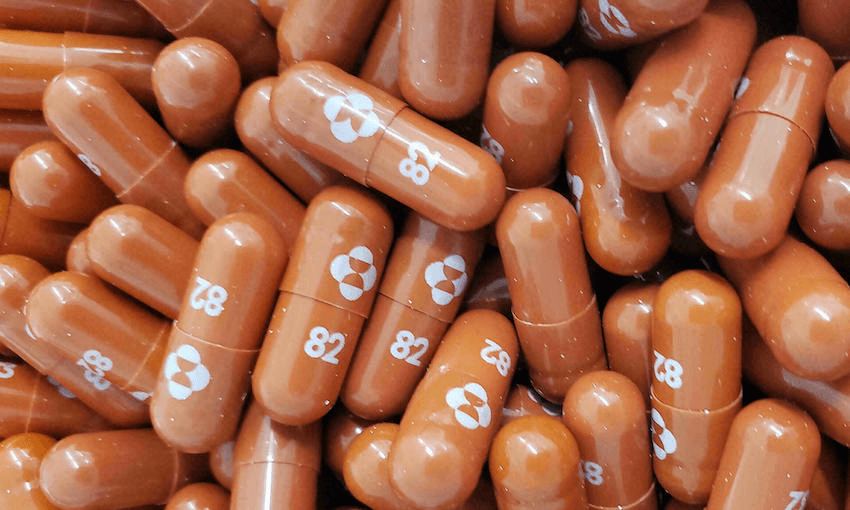PCR tests will continue to be the main way of diagnosing Covid-19 as the omicron variant takes hold in the community. The government has today announced that capacity for nasal swab tests can be increased by nearly 20,000 per day.
But, following widespread calls from opposition MPs and health experts, rapid antigen testing will be used more widely as a supplementary method of detecting Covid cases.
“Critical workers identified as close contacts will be able to use proof of a negative rapid antigen test to return to the workplace during their required period of isolation,” said Jacinda Ardern, speaking at this afternoon’s post-cabinet press conference.
“This will minimise disruption to critical infrastructure and supply chains, helping to keep New Zealand going.”
Despite this, the prime minister believed that PCR tests remained the best.
There are currently 83 million rapid antigen tests on order, said Ardern. “We have 4.6 million in country, with confirmed delivery of an additional 14.6 million in next five weeks. We’re awaiting the delivery schedule for an additional 22 million.”
Associate health minister Ayesha Verrall, in a statement, added: “With omicron cases now in the North and South islands, testing, tracing and quickly isolating any Covid-19 cases and their contacts will be all the more important for protecting whānau and communities,”said Verrall.
“A rapid rise in case numbers will require us to shift from identifying all infected individuals to being more targeted to those most at risk and those needed to maintain critical infrastructure.”
A further update on the government’s omicron response, which will include more detail on the three phase approach, is due tomorrow.
